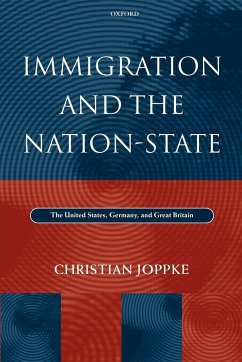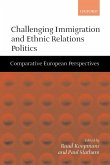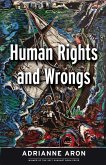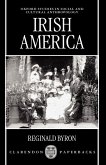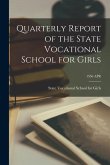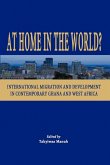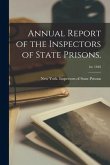In the face of current diagnoses of nation-states weakened by the external forces of globalization and international human rights regimes and discourses, Professor Joppke demonstrates that, in relation to immigration at least, nation-states have proved remarkably resilient. Not only does this book offer an thorough, insightful examination of the immigration experiences of the USA, Germany, and Britain, it also makes a powerful contribution to the growing macro-sociological and political science literature on immigration, citizenship, and the nation-state.
This important new study compares the postwar politics of immigration control and immigrant integration in the United States, Germany, and Great Britain. Against current diagnoses of nation-states diminished by globalization and international human rights regimes and discourses, the author argues that nation-states have proved remarkably resilient, at least in the face of immigration.
Hinweis: Dieser Artikel kann nur an eine deutsche Lieferadresse ausgeliefert werden.
This important new study compares the postwar politics of immigration control and immigrant integration in the United States, Germany, and Great Britain. Against current diagnoses of nation-states diminished by globalization and international human rights regimes and discourses, the author argues that nation-states have proved remarkably resilient, at least in the face of immigration.
Hinweis: Dieser Artikel kann nur an eine deutsche Lieferadresse ausgeliefert werden.

